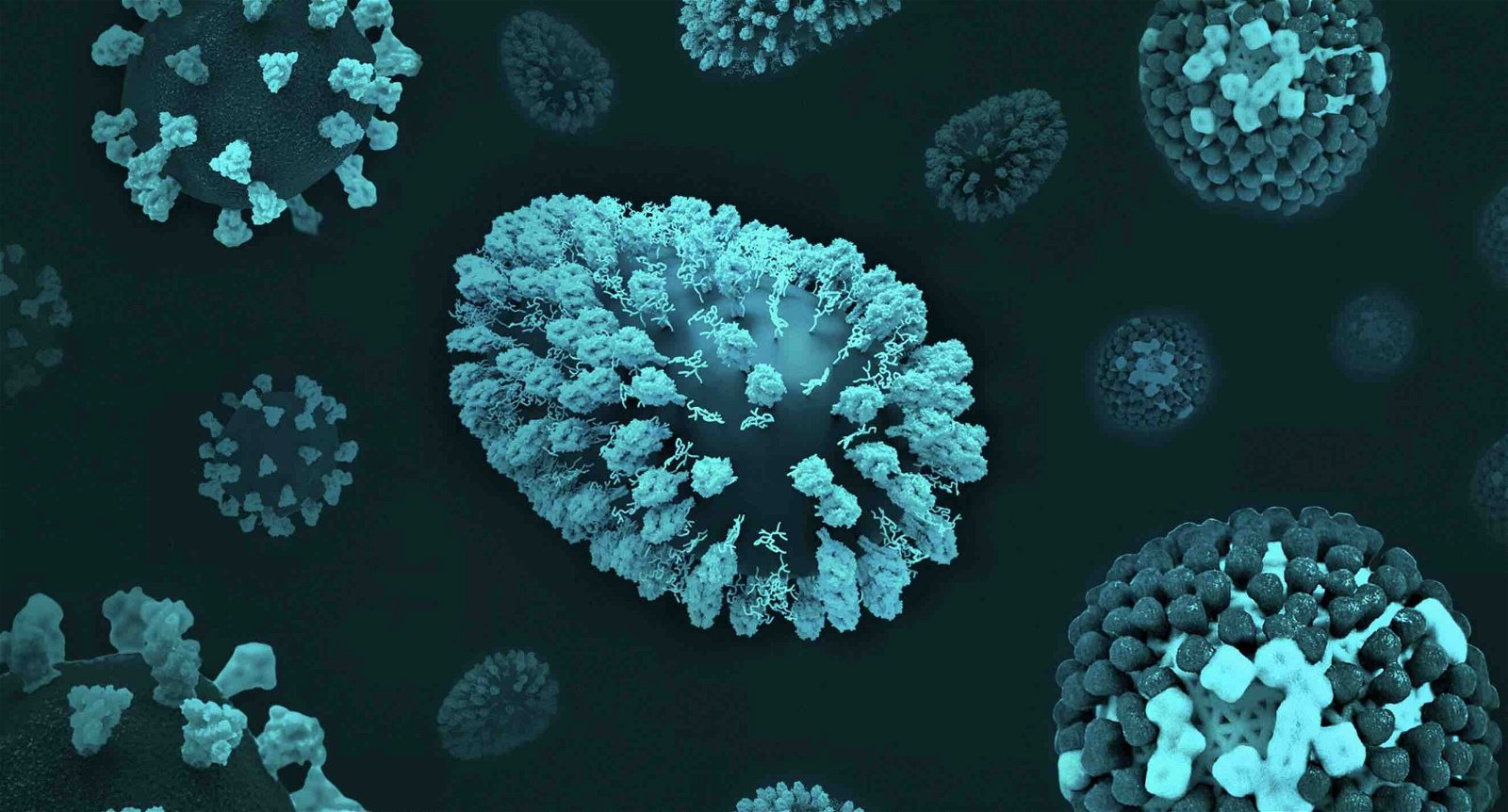From agents of disease to playing a key role in processes like fermentation, microbes that include bacteria, fungi, viruses, and other varieties of microorganisms are among the most important life forms in nature. Many microbes also play a crucial role in human health, either from within our bodies, or as contributors to processes that occur in our environment.
Now, an international team of scientists says they have developed a new method of understanding the metabolism of microbes, which will allow researchers to overcome current limitations in techniques used to study and evaluate their activities.
Developed by scientists at the University of California at San Diego’s Collaborative Microbial Metabolite Center, the new tool, which the researchers call microbeMASST, could fundamentally reshape our understanding of the key roles microorganisms play in human health and our environment.
It has long been known that many microbes perform beneficial roles in our lives. From our skin to our intestinal tract, many beneficial microbes help us defend against sickness and disease. Past studies have also linked the onset of certain diseases to the disruption of microbial communities within our bodies.
Using microbeMASST, the researchers say they plan to construct a massive repository of microbial metabolomics data that will be accessible to, and curated by, researchers from all around the world. The data it will contain will ultimately help to facilitate a deeper understanding of the interactions that take place between us and the microbes we encounter.
Pieter Dorrestein, a professor of pharmacology and pediatrics at UC San Diego School of Medicine and professor at Skaggs School of Pharmacy and Pharmaceutical Sciences at UC San Diego, likens the human body to a “walking ecosystem” that is filled with different kinds of microbes, although we have a very limited understanding of many of their dynamics, as well as the kinds of metabolites these tiny organisms produce.
“This technology allows us to match microbes to the metabolic signatures they produce without any prior knowledge, which represents a major leap forward in our ability to study microorganisms and their intricate relationships with humans and ecosystems,” said Dorrestein, who is one of the contributing authors of the team’s new study.
Simone Zuffa, the paper’s first author, says that among the many challenges researchers encounter when it comes to studying microbes, scientists have a hard time telling which ones are producing molecules in the first place.
“If you think of colonies of microbes as crowded parties with lots of people talking, our current experiments can only record the sound, but we want to figure out a way to unscramble that audio to figure out who is saying what,” says Zuffa, who is currently a postdoctoral researcher working with Dorrestein.
The development of microbeMASST relied on more than 100 million different data points collected from close to 60,000 distinctive samples of microbes from different sources globally, collected from organisms, soil samples, bodies of water, and other sources.
The massive database is used by microbeMASST to cross-reference experimental samples, allowing it to detect and quickly identify what varieties of microbes are present within. Zuffa says no similar technology is currently able to match microbeMASST’s capabilities, nor perform the analyses in mere seconds as it can.
Dorrestein anticipates microbeMASST “will be a transformative resource for the life sciences research community,” adding that the tool “will only improve over time as the community gathers more data for the system to reference.”
Dorrestein, Zuffa, and their colleagues say that microbeMASST’s unique capabilities will likely lead to new applications in a diverse range of fields and may also allow scientists to gain new helpful insights into the relationship between microbes in our bodies and a variety of health conditions.
The team’s new study, “microbeMASST: a taxonomically informed mass spectrometry search tool for microbial metabolomics data,” was published on February 5, 2024, in the journal Nature Microbiology.
Micah Hanks is the Editor-in-Chief and Co-Founder of The Debrief. He can be reached by email at micah@thedebrief.org. Follow his work at micahhanks.com and on X: @MicahHanks.

